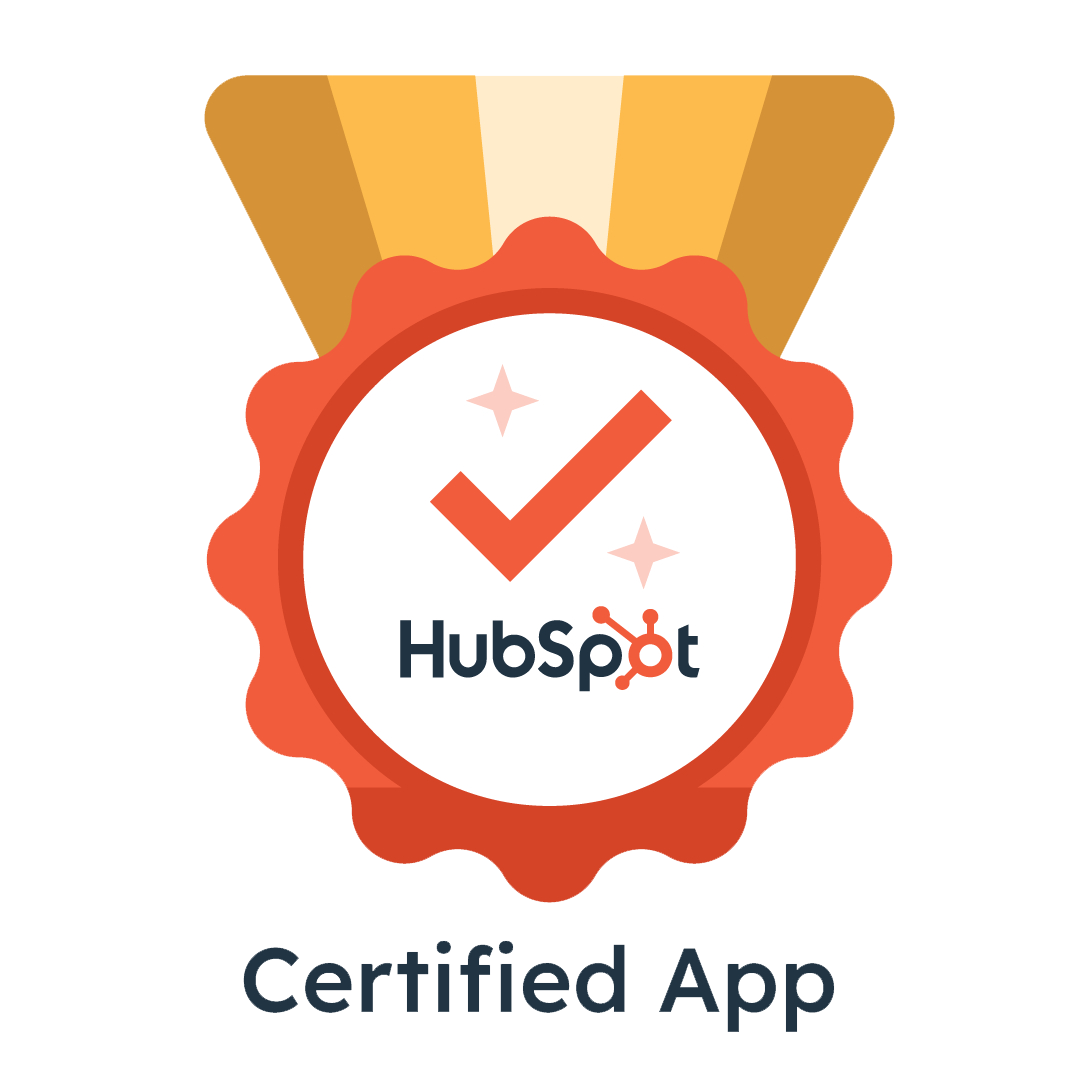Conference
Conference
A conference is a formal gathering where individuals, professionals, or organizations come together to discuss specific topics, share knowledge, and network. Typically lasting from a few hours to several days, conferences serve as platforms for learning, collaboration, and business development across various industries. These events can vary significantly in size, scope, and focus, ranging from small, niche gatherings to large-scale international conventions that attract thousands of participants. The diversity of conferences reflects the wide array of interests and fields in which professionals seek to connect and grow.
Understanding Conferences: Purpose and Practical Use
Conferences play a crucial role in the professional world by bringing people with shared interests or expertise into one space. They often feature keynote speakers, panel discussions, workshops, and networking sessions designed to foster learning and relationship-building. The structured environment of a conference allows attendees to immerse themselves in topics that are relevant to their careers, providing a unique opportunity to gain insights that may not be available through traditional educational avenues.
For marketers and event planners, conferences offer unique opportunities to showcase products, generate leads, and build brand awareness. These events serve as a marketplace for ideas and innovations, where businesses can demonstrate their latest offerings and engage directly with potential customers. Attendees benefit from gaining insights into industry trends, discovering new technologies, and connecting with peers. The collaborative atmosphere encourages the exchange of ideas, which can lead to new partnerships and collaborations that extend beyond the conference itself.
Examples of conferences include industry-specific events like technology summits, medical symposiums, or marketing expos. These gatherings can be held in-person, virtually, or in hybrid formats to accommodate broader participation. The flexibility in format allows for greater inclusivity, enabling individuals from various geographical locations to participate without the constraints of travel. This adaptability has become increasingly important in a globalized world where knowledge sharing and networking are essential for professional growth.
Key Features of a Conference
- Structured Agenda: Conferences typically follow a planned schedule with sessions, breaks, and networking opportunities. This structure helps attendees navigate the event efficiently, ensuring they can maximize their time and gain the most value from their experience.
- Expert Speakers: Industry leaders and specialists often present to share knowledge and inspire attendees. These speakers bring a wealth of experience and insights, making their sessions highly valuable for those looking to deepen their understanding of specific topics.
- Networking Opportunities: Dedicated time for attendees to connect, exchange ideas, and build professional relationships. Networking is often considered one of the most significant benefits of attending a conference, as it allows individuals to meet potential collaborators, mentors, and clients.
Why Conferences Matter in Business
- Knowledge Sharing: They provide a platform for learning about the latest trends and innovations. This exchange of information is vital for staying competitive in rapidly evolving industries.
- Lead Generation: Exhibitors and sponsors can engage potential clients directly. This face-to-face interaction can significantly enhance the likelihood of converting leads into customers.
- Brand Positioning: Companies can enhance their reputation by participating or sponsoring. Being associated with a reputable conference can elevate a brand's status and credibility in the eyes of industry peers and potential clients.
Tips for Maximizing Conference Participation
- Plan Ahead: Review the agenda and identify sessions and contacts relevant to your goals. Having a clear plan can help you make the most of your time at the conference.
- Engage Actively: Ask questions, participate in discussions, and attend networking events. Active engagement not only enhances your learning experience but also increases your visibility among peers.
- Follow Up: Connect with new contacts after the event to build lasting relationships. Following up can solidify connections made during the conference and open doors for future collaborations.
FAQs About Conference
What is the difference between a conference and a seminar?
A conference is generally larger, involving multiple sessions, speakers, and networking opportunities over several days. A seminar is usually smaller, focused on a single topic or skill, and often lasts a few hours to a day. While both formats aim to educate and engage participants, the scale and depth of content typically differ significantly.
How can businesses benefit from sponsoring a conference?
Sponsoring a conference increases brand visibility, positions the company as an industry leader, and provides direct access to a targeted audience for marketing and sales opportunities. This strategic investment can yield significant returns, as it allows businesses to showcase their commitment to the industry and engage with potential clients in a meaningful way.
Are virtual conferences as effective as in-person ones?
Virtual conferences offer accessibility and convenience, allowing wider participation. While they may lack some face-to-face interaction benefits, many platforms now provide interactive features to enhance engagement. These features can include live Q&A sessions, breakout rooms for smaller discussions, and networking lounges, which help replicate the in-person experience to some extent.





